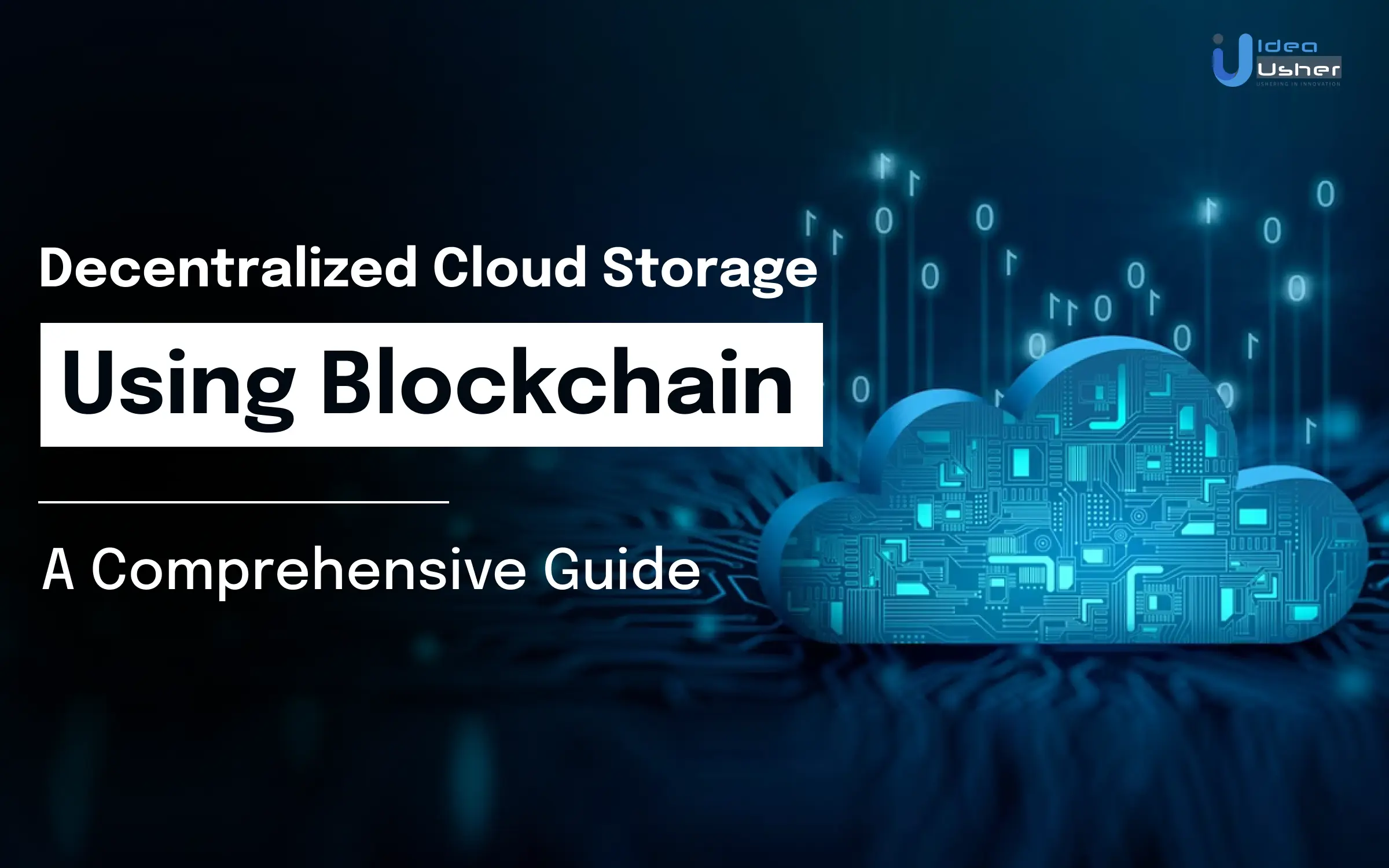Decentralized Cloud Storage: The Next Frontier In Blockchain Technology
Decentralized Cloud Storage: The Next Frontier in Blockchain Technology

- A Collaborative Approach To Crypto Staking
- The Insider’s Guide To Spotting A Winning ICO: What To Look For Before You Invest
- Securing Your Digital Wealth: A Practical Approach To Crypto Portfolio Management
- The Future Of Crypto Mining Is It Still Profitable
- Unlocking The Power Of Sustainable Business Practices With Blockchain Technology
In recent years, the concept of decentralized cloud storage has been gaining significant attention in the tech world. This innovative approach leverages the power of blockchain technology to create a secure, transparent, and accessible storage system that’s free from the constraints of traditional cloud storage methods. As we move forward in an increasingly digital age, it’s essential to understand the potential of decentralized cloud storage and how it can revolutionize the way we store and interact with data.
At its core, decentralized cloud storage relies on a peer-to-peer network that allows users to rent out excess storage capacity on their devices to others. This approach not only reduces costs but also promotes a more efficient and decentralized way of data storage. With blockchain technology at the helm, decentralized cloud storage solutions can guarantee the integrity and authenticity of data while ensuring that it remains accessible to authorized parties.
One of the most significant benefits of decentralized cloud storage is its potential to democratize access to data. Traditional cloud storage solutions often require users to rely on third-party providers, which can lead to concerns over data security and ownership. Decentralized cloud storage, on the other hand, empowers users to take control of their data, ensuring that it remains their property.
The rise of decentralized cloud storage also paves the way for new business models and revenue streams. For instance, decentralized cloud storage solutions can incentivize users to rent out their excess storage capacity by offering them token rewards. This creates a win-win situation where users can monetize their unused storage space while also contributing to a more decentralized and resilient data storage ecosystem.
Another exciting application of decentralized cloud storage is in the realm of data analytics. With the proliferation of IoT devices, sensor data is becoming increasingly important in various sectors, from manufacturing to healthcare. Decentralized cloud storage solutions can enable secure and efficient data analytics by allowing users to store and share data directly with analytics services. This not only improves the accuracy of data analysis but also reduces the risk of data breaches.
While decentralized cloud storage has the potential to disrupt traditional cloud storage methods, it’s essential to acknowledge the challenges that lie ahead. Scalability, performance, and user adoption are just a few of the key hurdles that need to be addressed. However, with the increasing adoption of blockchain technology and the emergence of new decentralized storage solutions, we can expect to see significant improvements in the coming years.
As we look to the future of decentralized cloud storage, it’s clear that blockchain technology will play a critical role in shaping this space. With its unparalleled level of security, transparency, and decentralization, blockchain is uniquely positioned to enable the creation of a more efficient, accessible, and resilient data storage ecosystem.
In the years to come, we can expect to see decentralized cloud storage solutions emerge that are specifically designed to address the needs of various industries, from finance to healthcare. These solutions will not only improve data security and access but also enable new business models and revenue streams that were previously unimaginable.
In conclusion, decentralized cloud storage represents a significant shift in the way we store and interact with data. As blockchain technology continues to evolve and improve, we can expect to see decentralized cloud storage solutions become increasingly sophisticated and widespread. While challenges lie ahead, it’s clear that the future of decentralized cloud storage is bright, and its potential to transform the way we interact with data is vast and exciting.
Blockchain-based platforms are paving the way for decentralized cloud storage, providing a way to store data in a secure and distributed manner. Filecoin and Sia are two notable examples of decentralized cloud storage solutions that utilize blockchain technology to connect buyers and sellers of storage capacity. These platforms have already shown promising results in terms of storage capacity and data retrieval times.
Looking ahead, we can expect to see increased competition among decentralized cloud storage providers, which will drive innovation and adoption. Moreover, the growing awareness of data security and the need for decentralized solutions will further accelerate the growth of the decentralized cloud storage market.
As the technology continues to mature, we can expect to see more adoption in various industries, leading to new business models and revenue streams emerging as a result of decentralized cloud storage. Although challenges remain, it is clear that the decentralized cloud storage industry is here to stay and has the potential to transform the way we store and interact with data.
However, as with any new technology, it is essential to remain realistic about the development and implementation of decentralized cloud storage solutions. It will likely take several years for these solutions to become mainstream, and it is crucial to have a clear understanding of the benefits and challenges involved in implementing these solutions.
